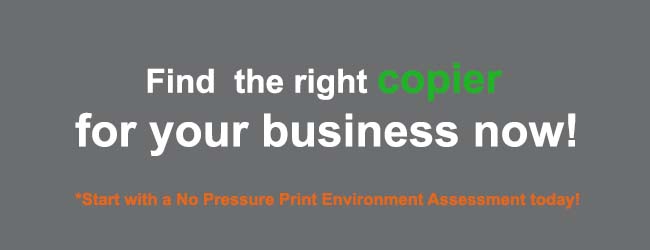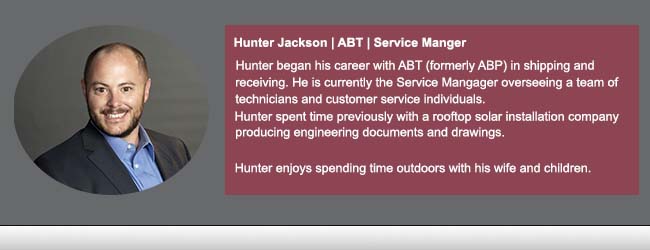
Understanding Your Copier Lease: Key Terms & Smart Decisions for 2025
Copier leases can be a smart, cost‑efficient option for Colorado businesses—if you know what you’re signing. But too often, business owners agree to contracts without fully understanding the long‑term impact. Terms like “FMV,” “auto‑renewal,” and “overage fees” can drastically change the value of your lease.
In this 2025 guide, we’ll help you decode your copier lease, evaluate pros & cons of leasing versus buying, and share red flags to avoid. Whether you’re a startup in Fort Collins, a medical office in Colorado Springs, or a real estate brokerage in Denver, these insights will help protect your budget and productivity.
Copier Lease Basics: What Are You Really Paying For?
Leasing a copier means you’re essentially renting the equipment for 36, 48, or 60 months. Instead of paying upfront, you pay a fixed monthly fee. This usually includes the copier hardware, and optionally service, parts, and toner.
This structure allows you to preserve capital and upgrade easily when your business grows. But a copier lease can quickly become a liability if you don’t understand the terms involved.
Common Copier Lease Terms Explained
- Fair Market Value (FMV) Lease: You return the copier or have the option to buy it at its fair market value at lease end. Lower monthly cost, but no guaranteed ownership.
- $1 Buyout Lease: After the lease ends, you own the copier for $1. Higher monthly payments but better long‑term value.
- Lease Term: Often 36‑60 months. Shorter terms increase monthly payments but provide greater flexibility.
- Overage Charges: Fees for exceeding your agreed upon monthly page volume (especially color prints).
- Early Termination Fee: If you end the lease before its term, some leases require payment of remaining balance or penalties.
- Service & Supplies: Make sure toner, parts, labor are included—if not, costs can spike.

Should You Lease or Buy Your Copier in 2025?
The best option depends on your needs. Leasing makes sense for SMBs wanting flexibility, avoiding large upfront costs, and preferring bundled service. Buying may be better if your operations are stable, you have reliable IT support, and plan to keep the device long‑term.
Lease vs Buying: Pros & Cons
| Option | Pros | Cons |
|---|---|---|
| Leasing | Low upfront cost, service often included, easier upgrades | No ownership equity, possible renewal traps, higher cost long‑term |
| Buying | Own the asset, lower overall cost over many years, no lease contract | Large initial investment, separate maintenance & supply costs |
Still unsure? ABT can help you run a Total Cost of Ownership (TCO) analysis based on your usage, lease vs purchase cost, and support needs. Let’s talk.
Red Flags to Watch for in Copier Lease Contracts
- Auto‑Renewal Clauses: Some leases renew unless you give 30‑90 days’ notice—mark your calendar.
- Inflated Page Overages: Always ask cost per page for black‑&‑white and color beyond your allowance.
- Hidden Fees: Watch out for delivery, setup, removal, or property‑tax fees buried in the contract.
- Vague Maintenance Terms: Be sure toner, parts, and labor are clearly included. “Service optional” is often a code for added future expense.
Smart Leasing Tips for Colorado SMBs
- Know Your Volume: Estimate your monthly black‑&‑white and color usage. Over‑ or under‑ estimating wastes money.
- Bundle Managed Print Services (MPS): Add services like supply delivery and support to reduce surprises.
- Ask for Early Upgrade Options: Some leases allow mid‑term equipment swaps—useful if technology evolves.
- Compare All‑Inclusive Lease vs Equipment‑Only: Sometimes paying separately for toner & service is cheaper, other times bundling wins. We can model both options for you.
Copier Lease FAQs (Answered by ABT)
Can I cancel my copier lease early?
Most leases carry an early termination fee. If you find yourself in a poor lease, ABT may help “buy it out” or re‑structure the agreement for you.
What happens at the end of my lease?
You may return the copier, purchase it, or upgrade to a new one. Be aware: many leases require 60‑90 days written notice before lease end.
Is leasing or buying better for tax purposes?
Leases are typically treated as deductible operating expenses. Purchases may offer depreciation benefits. We often work with CPAs to find tax‑friendly lease structures.
Make a Confident Copier Decision in 2025
From simplifying cost structure to managing upgrades, leasing a copier can be very advantageous—if you partner with someone who understands what to look for. At ABT, we help Colorado businesses from Boulder to Pueblo make smarter lease deals, avoid costly terms, and maximize productivity.
Need help reviewing a current lease or starting a new one? Contact ABT today for a transparent lease consultation tailored to your goals.
